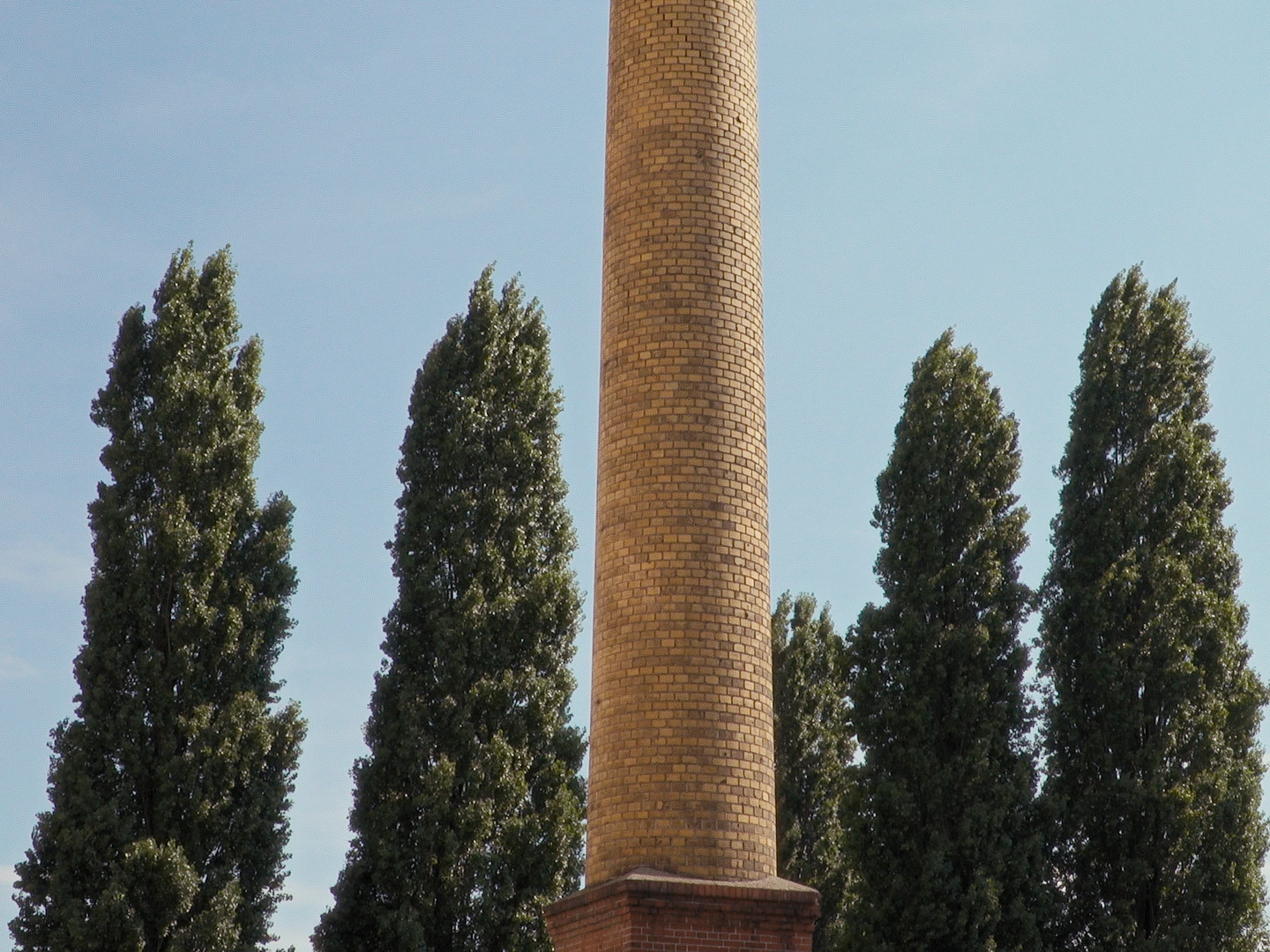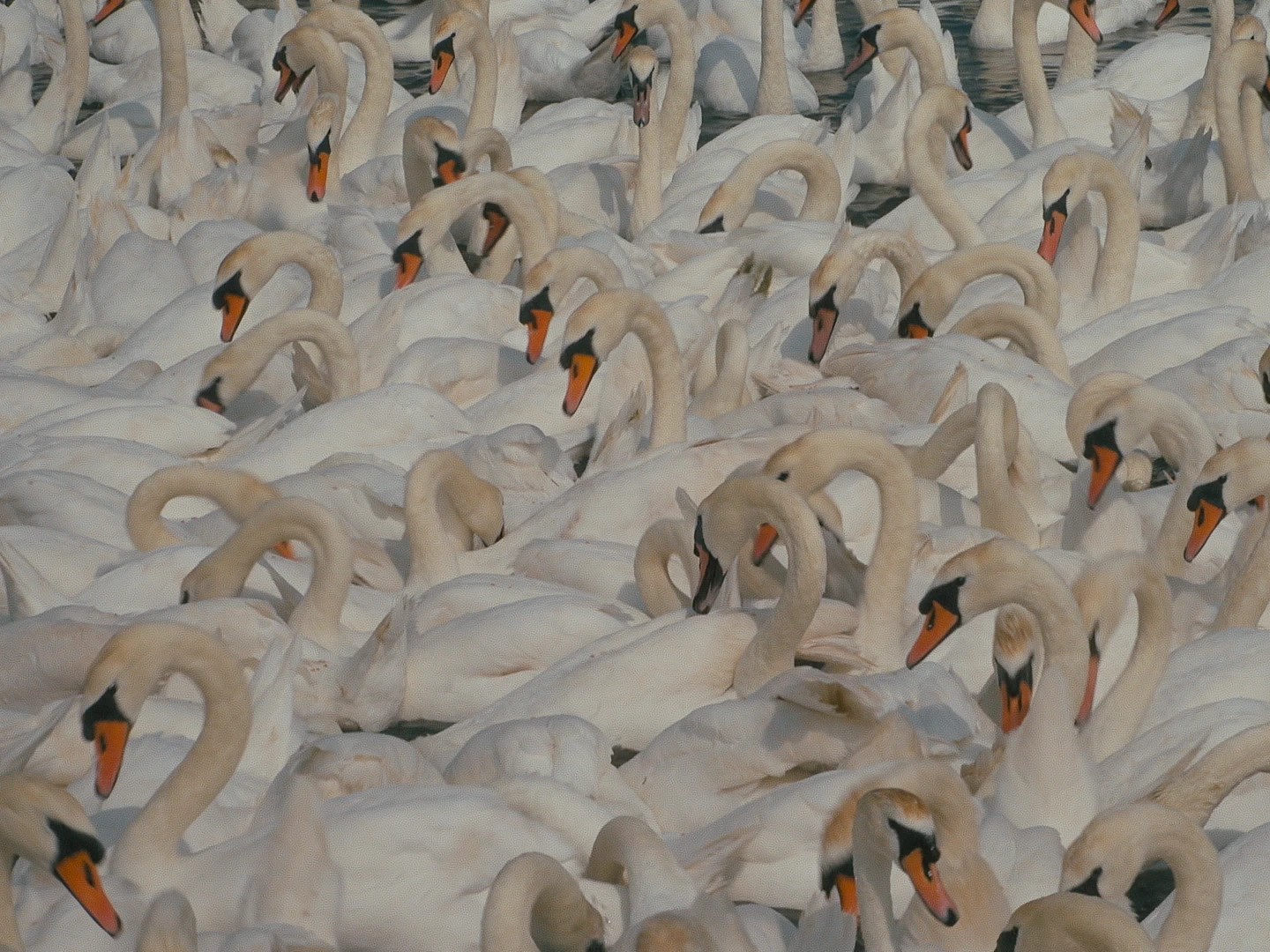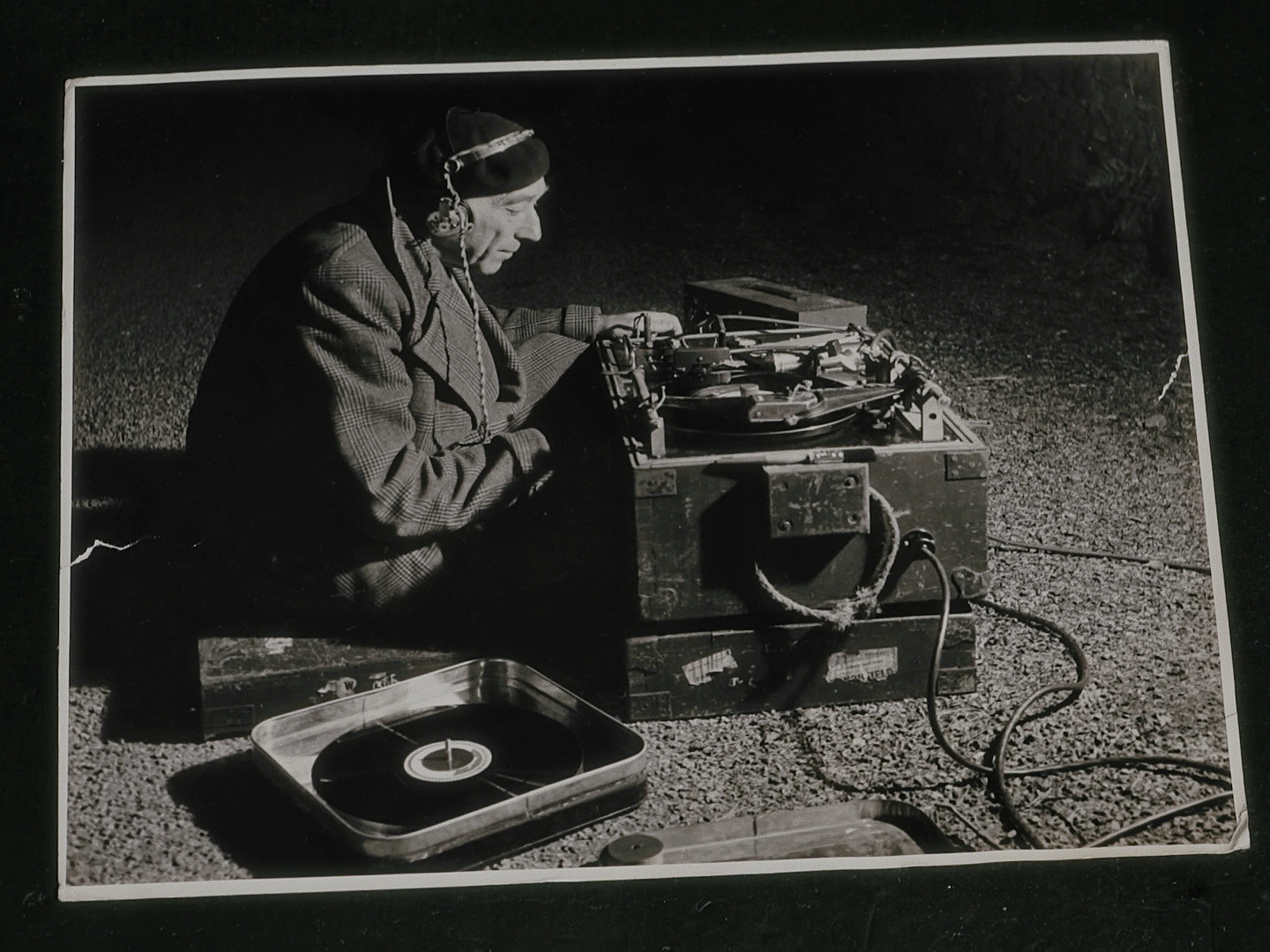Alarm Notes
Synopsis
The film’s images of contemporary urban and rural terrains, and of objects and documents, create a collision between past and present. Shifts in time are further emphasised through the use of Koch’s original sound recordings from Germany and Britain which feature throughout the film.
Official Selection FID Marseille 2025 - International Competition
Details
- Year
- 2025
- Type of project
- Features
- Running time
- 123 min
- Format
- HD
- Director
-
Anthea Kennedy, Ian Wiblin
- Producer
- Anthea Kennedy, Ian Wiblin
- Editor
- Anthea Kennedy, Ian Wiblin
- Screenwriter
- Anthea Kennedy, Ian Wiblin
- Director of Photography
- Anthea Kennedy, Ian Wiblin
- Sound
- Anthea Kennedy, Ian Wiblin, Philippe Ciompi
- Principal cast
- Maren Hobein
- Colourist
- Jason R Moffatt
Categories
Production Status
Production Company
Anthea Kennedy
57 Ravensworth RoadLondon
NW10 5NP
Page updates
This page was last updated on 18th November 2025. Please let us know if we need to make any amendments or request edit access by clicking below.
See also
You may also be interested in other relevant projects in the database.
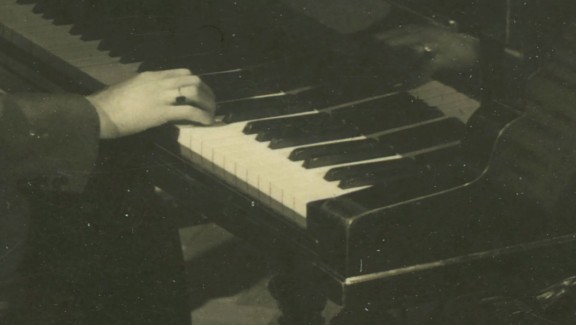 Four Parts of a Folding Screen
Four Parts of a Folding Screen
Director: Anthea Kennedy, Ian Wiblin
Year: 2018
Based on documents found in Berlin archives, 'Four Parts of a Folding Screen' explores exclusion, statelessness and the legalised theft and sale of everyday family possessions by the National Socialist regime. A voice, enigmatic and sometimes uncertain, foretells of, relates and recalls the routine processes of injustice and their legacy: the creation of a diaspora of household objects, scattered amongst buildings that no longer exist. As the camera probes the secrets of ordinary spaces, streets and buildings around the city of Berlin, semblances of a person and a history begin to emerge and coalesce. Official Selection Rotterdam International Film Festival 2018 - World premiere
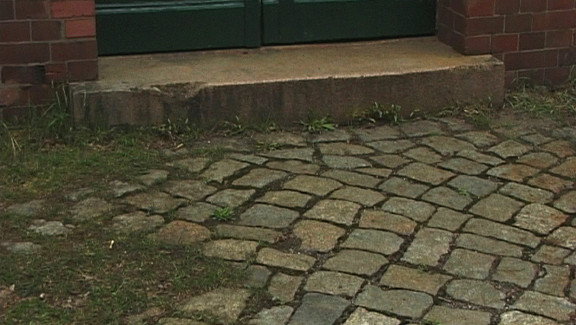 The View from Our House
The View from Our House
Director: Anthea Kennedy, Ian Wiblin
Year: 2013
An unseen woman witnesses the ordinary oppression and fear of the early years of National Socialism. She describes the sound of screaming she regularly hears on passing a military barracks whilst walking from her house to the station. Images of the barracks recur throughout the film, suggesting the routine tyranny that precipitates the woman's increasing fear and eventual journey into exile. The film's structure of repetition and retelling foregrounds the way in which her life is stunted by increasing marginalisation and terror. "I’m only just eighteen but sometimes I already feel so old that I think of dying," she writes in a letter to her would-be lover. The View from Our House is based in part on the memories, unsent letters and notebooks of a young photographer who lived in Berlin-Tempelhof. Aspects of her life are mapped out within this small area of Berlin through a succession of haunted images and sounds that imbue place with a sense of memory and history.
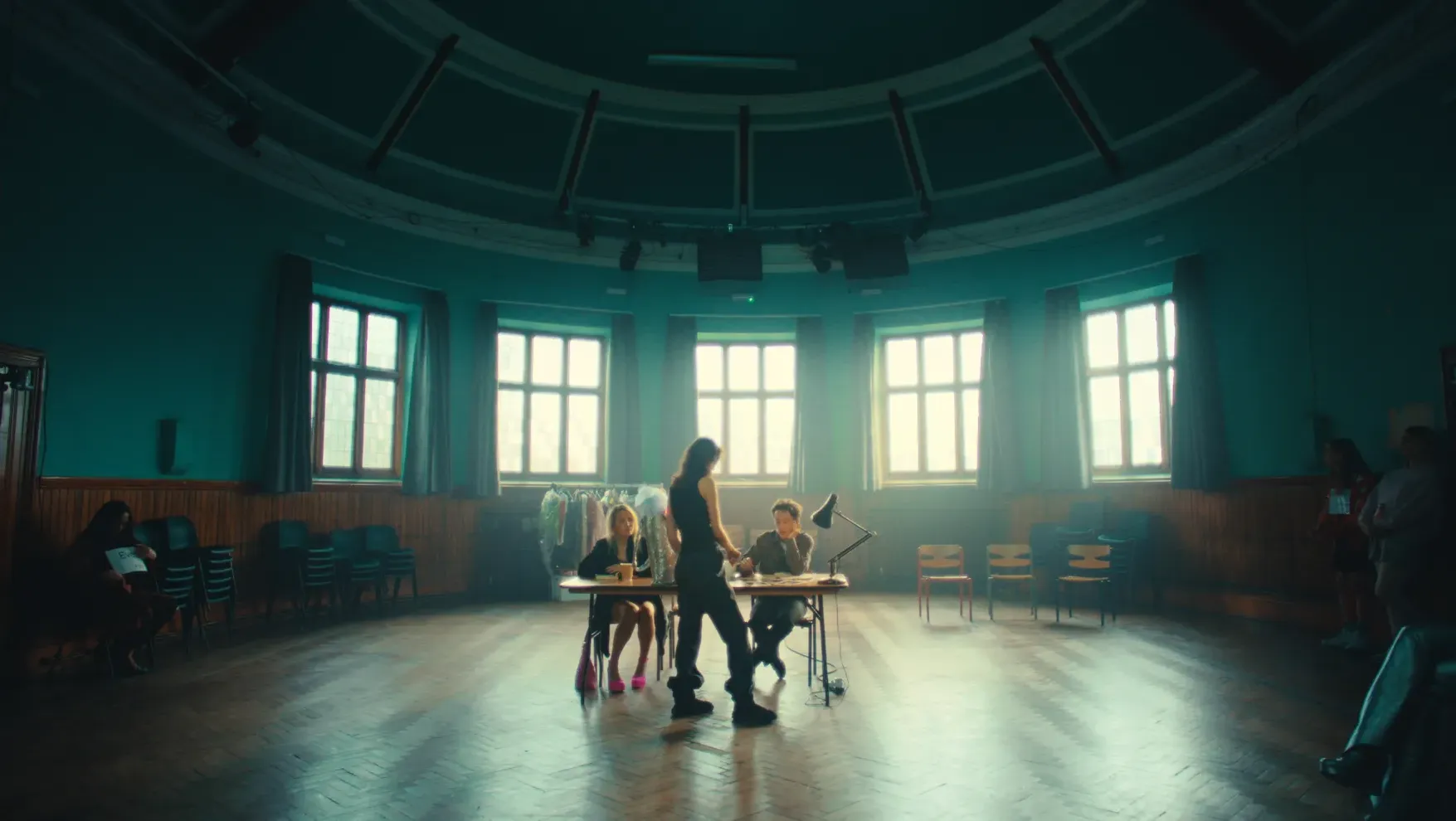 Principal Boy
Principal Boy
Director: Maz Murray
Year: 2024
Following the audition, rehearsal, and performance of the central character in British pantomime, known as the ‘principal boy’. Traditionally a young male protagonist, the character is conventionally played by a woman in drag. Using and subverting traditional British pantomime conventions, PRINCIPAL BOY explores the presence and absence of trans and gender-nonconforming people in mainstream culture, including film and stage productions. Official Selection Aesthetica Film Festival 2024
